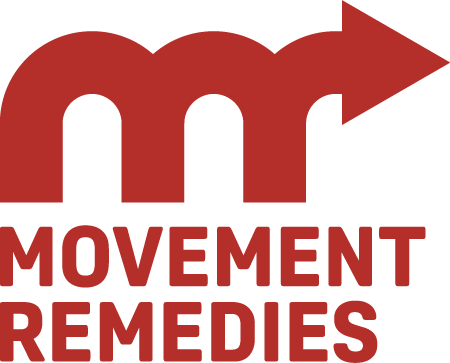How Stress Resilient is Your Team?
Earlier this year CNBC reported that employee burnout is on the rise– affecting roughly 40 percent of workers surveyed in six countries. While the lingering effects of COVID-19 are likely to be playing a role, there are a number of other factors contributing to the sense of overwhelm and detachment, such as:
Increasing financial strain with inflation
Growing wealth inequality gaps
Increased difficulty entering the housing market for young people
A sense of job insecurity with frequent news of layoffs
Diminished boundaries between work and home obligations with “virtual office” life
Growing geopolitical turmoil
You might wonder why a pain-focused Pilates teacher cares about stress. The majority of my clients experience recurring musculoskeletal pain that could be improved or even eliminated with better stress management. Pain originates in the brain as a response to a perceived threat. When our environments demand far more from us than our nervous systems can process–which, let’s be honest–is par for the course in modern society, we are knowingly placing ourselves in the direct path of stress with all the risks that entails. While my focus is pain, I am not even addressing the other health-related risks associated with chronic stress, which include digestive issues, cardiovascular disease, and skin conditions, among other things.
My workshop, The Hidden Cost of Unmanaged Stress, does not promise to eliminate stress from your life. None of us has any control over most stressors that arise–which is part of why they are so damn disruptive. Anyone who says they can magically evaporate tension from someone else’s life is full of it. Yes, the self-care gurus all over the internet who proclaim that a life of effortless fulfillment and inner peace is within reach, are snake oil sellers.
The information-saturated and volatile world in which we live is full of stimuli that could at any time be perceived as a danger–either consciously or subconsciously–leading to pressure, tension, anxiety, and worry. The stress of life will never go away, will probably increase as we age, and there isn’t much we can do about that except maybe hope to become a billionaire who can buy their own secluded island. But I don’t like my odds on that one.
I would argue that a challenge you CAN solve, though, is your own awareness of how stress affects you. And before you say, “it isn’t affecting me:” it is even if you don’t notice it. Our species has evolved to process a particular threshold of information and human connections that has been greatly surpassed in the past century, with exponential growth in particular since the social media explosion of recent years. So whether stress has entered your consciousness today or whether your nervous system has found some way to compartmentalize it until some future time, I guarantee you that you are affected by stress.
The key is to look inside and learn your own body’s response mechanisms. When’s the last time you allowed yourself to sit with stress and get familiar with how it feels? Do you know your physical warning signs when the worries of life are building up to unsustainable levels and you need to do something before the dam breaks? Have you incorrectly attributed health and interpersonal challenges to something else in your life, when in actuality it was an effect of elevated stress?
By the end of this interactive workshop, participants:
Understand the physical ramifications of stress and the role of the nervous system
Explore their unique physical cues that their stress capacity is reaching its limit
Identify ways to advocate for their unique needs to proactively manage stress
Define the criteria of a supportive community for collective stress awareness and management
Experiment with ways to improve mindfulness and minimize overwhelm
From my experience, most people climbing the corporate ladder or chasing the dream of entrepreneurship have learned to shut out physical sensations as pesky distractions. We bury our feelings and fears deep down, throw ourselves into our jobs, or escape reality by scrolling social networks to peer into the lives of others instead. As a result, most people don’t know that stress is becoming a problem until it’s too late, and this is the real tragedy, because those health and relationship aftershocks are completely avoidable.
If you’re interested in bringing a tailored workshop to your team or workplace, set up a discovery call with me. If you want to be notified the next time The Hidden Cost of Unmanaged Stress is offered (virtually or in-studio), join the waitlist.
